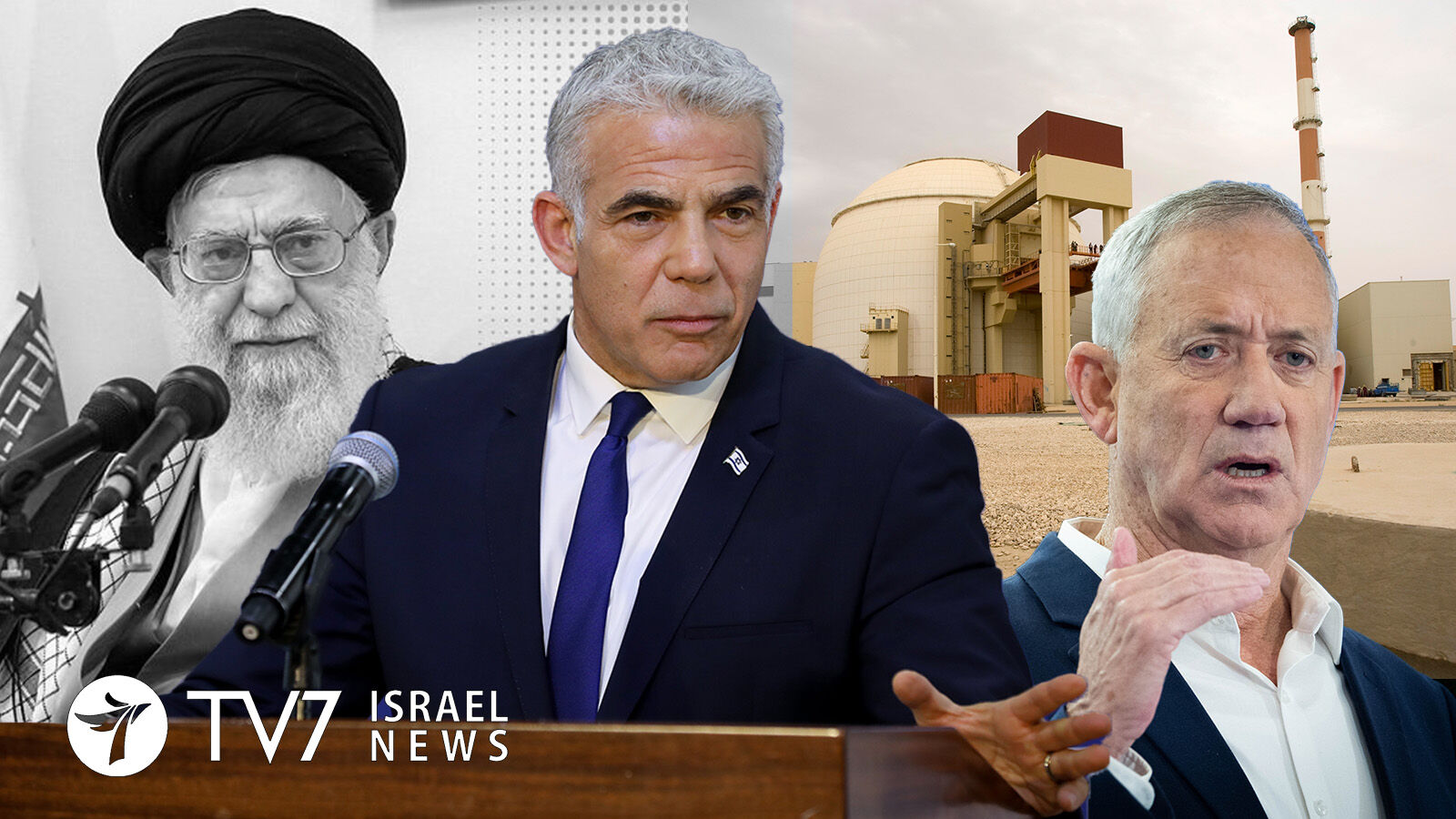As the possible restoration of the Joint Comprehensive Plan of Action (JCPOA) appears to be gaining traction, the message from Jerusalem is for world powers to abandon efforts to make a deal with Iran.
By Erin Viner
Israel is in communication with world powers, asking them it is “time to get up and go” from nuclear talks with Iran.
The West will demonstrate a lack of power if it does not walk away from indirect negotiations between the United States and Iran in Vienna now, Israeli Prime Minister Lapid told American and European interlocutors, according to a statement by a very senior Israeli official.
Lapid already conveyed Israel’s position to German Chancellor Olaf Scholz during a telephone conversation yesterday.
He has also discussed the matter with US Representative Ted Deutch, who chairs the House Foreign Affairs Committee‘s Middle East Subcommittee; as well as US Ambassador to Israel Tom Nides, revealed the official on condition of anonymity.
The message is also due to be delivered by Israel’s National Security Advisor Dr. Eyal Hulata during his visit to Washington next week for talks of the matter.
The conversations come just days after the European Union (EU) submitted a “final” draft text aimed at salvaging the 2015 pact from which former US President Donald Trump abandoned in 2018 and re-imposed harsh sanctions, after which Iran openly breached limits of the deal including escalated uranium enrichment. The JCPOA, which facilitated the flow of billions of dollars into Iran’s economy in exchange for acquiescence on restrictions advanced centrifuges production set to terminate in 2023 and nuclear development until 2030.
The administration of US President Joe Biden has been engaged in efforts to revive the JCPOA since 2021. The restored deal proposed by the EU would provide the same sanctions relief as in 2015, but the draft is currently tabled while the other parties review a response from Tehran in which changes have been sought.
The Islamic Republic has demanded guarantees from the US that future presidents will not leave the deal, although US President Joe Biden is unable to legally agree to such a commitment. Iran also insists that Western firms resume business after the lifting of the sanction against the dictates of free-market economies.
It has also stipulated that its elite paramilitary Islamic Revolutionary Guards Corps (IRGC) be removed from the US blacklist of terrorist organizations; which Biden has already rejected.
Additionally, Tehran failed to address an EU compromise on International Atomic Energy Agency (IAEA) investigation into nuclear traces discovered at undeclared sites in violation of the JCPOA. According to the final text, the probe would end based on credible Iranian explanation of the origin of the nuclear traces by the time the new deal would come into effect; in contradiction of previously declared positions of the US and the E3 countries of France, Britain and Germany. against politicization of the IAEA’s mandate. Jerusalem, Washington, Paris, London and Berlin also supported a statement by the IAEA Board of Governors calling on Tehran to answer the questions, while stressing that the Ayatollah regime have shut down the agency’s monitoring cameras at nuclear sites.
Jerusalem views Tehran’s response as a further attempt to obfuscate the process and force yet another round of talks.
“Israel hopes the powers will not allow the Iranians to continue with treading water and dragging the time out and will internalize that the Iranians are not looking for an agreement,” said the senior source in an emailed statement, stressing, “The EU sent Iran a final offer, which does not comport with the principles to which the Americans committed and established that the offer was ‘take it or leave it.’ Iran refuses the offer, and therefore the time has come to get up and go. Anything else sends a message of weakness.”
“Now is the time to sit and talk about what to do going forward in order to prevent Iran from obtaining a nuclear weapon,” insisted the official on behalf of the Lapid government.
Israel has long objected to international attempts to revive the deal. The Jewish State has openly stated that it would not be obligated to the pact, and openly reserved the right to take military action to prevent the Islamic Republic form obtaining a nuclear weapon or against Iranian-backed terrorist proxies in the region such as Hezbollah in Lebanon, and Hamas and the Palestinian Islamic Jihad in Gaza.
The Ayatollah regime has repeatedly vowed to annihilate the Jewish State. Israel has consistently warned that its arch-enemy will try to secure a windfall in sanctions relief at the talks, without sufficiently rolling back nuclear bomb-making potential through its accelerated enrichment of uranium.
Israel regards the prospect of Iran developing atomic weapons as a threat to its existence. Leaders of the Jewish State maintain that unilateral action could be undertaken to prevent Iran from developing the bombs should the international community fail to do so.
Iran, which has long denied wanting to develop a nuclear weapon, has warned of a “crushing” response to any Israeli attack.
